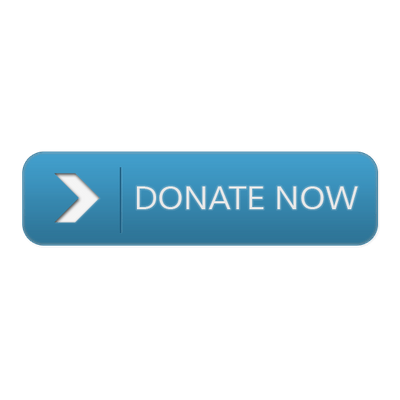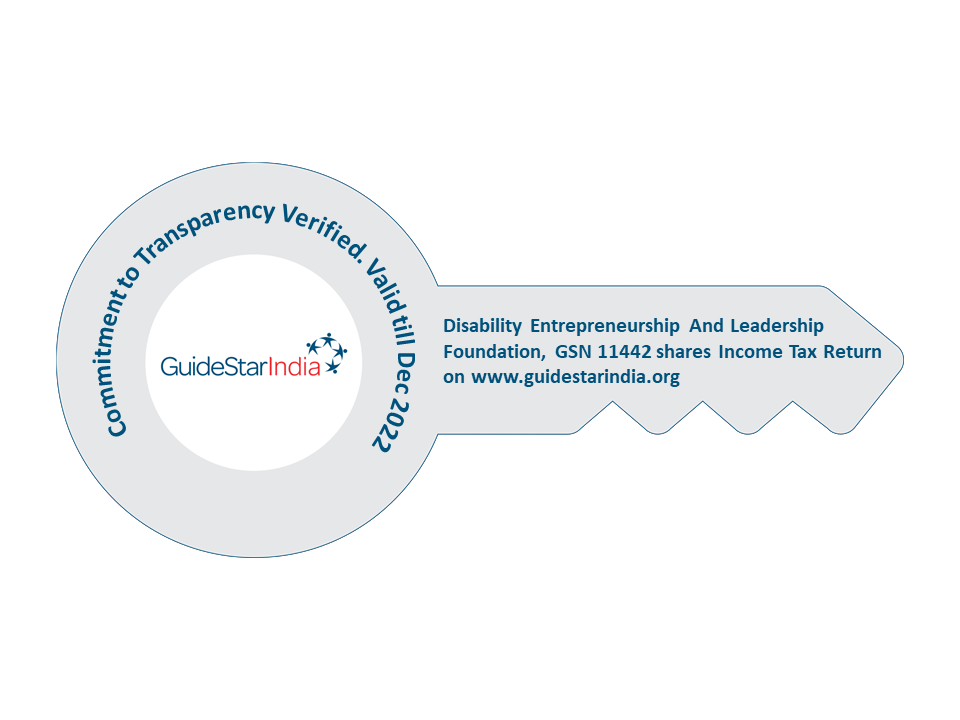In this blog I wish to share a few challenges that people with disabilities face during the pandemic, due to their disability. And the little things that have been introduced to help improve the living condition for people with disabilities.
The COVID-19 pandemic is one of the biggest social and economic crises of our generation, which has systematically exposed and exacerbated the exclusion of marginalized communities. The unprecedented public health emergency and the subsequent lockdown and recovery measures have disproportionately impacted people with disabilities, who are one of the groups most vulnerable to neglect and exclusion in times of unrest and crisis.
According to official estimates, around 2.2 percent of India’s population is disabled. However, this percentage is underestimated given the fact that the World Health Organisation has reported that about 15 percent of the world population is disabled and about 80 percent of them belong to middle and low income countries. People with disabilities have standard healthcare needs like anyone else. In addition to this, certain disabilities involve underlying health conditions which can increase the severity of symptoms if they contract COVID-19. However, people with disabilities are more likely to experience higher unmet health needs due to factors such as inaccessible facilities, financial barriers, lack of accessible transport and previous negative experiences with the healthcare system. Moreover, measures to curb the spread of the virus such as social distancing are hard to implement for persons with disabilities due to their reliance on personal contact for support and inaccessibility of vital public health. For instance, the Arogya Setu app is not accessible for people with visual and hearing disabilities and vital COVID-19 related updates were not available in accessible formats.
Reports have also documented the difficulties in accessing food, essential items, and essential medical procedures during the lockdown as well as inaccessibility of information and helplines. Furthermore, there are significant disparities in the COVID-19 response among states, with little uniformity and coordination. In late March, the government introduced the Comprehensive Disability Inclusive Guidelines for Protection and Safety of Persons With Disabilities (Divyangjan) During COVID-19 instructing state governments to:
• Ensure information accessibility.
• Exempt caregivers from lockdown restrictions.
• Exempt employees with certain disabilities from essential services-related work.
• Provide essential services to quarantined persons with disabilities.
• Give priority in treatment to persons with disabilities.
• Train emergency service providers on the needs of persons with disabilities, among other measures.
However, the discretionary nature of these guidelines has meant that their implementation has been inadequate.
The pandemic has highlighted the need for social protection in order to achieve resilience and recovery. In India, the population living below poverty line with severe and multiple disabilities are entitled to receive a monthly pension under the National Social Assistance Programme. In view of the COVID-19 crisis, the government had announced that three months’ pension amount will be provided in advance. However, there are inconsistencies in pension amounts between states and in several states the disbursement of pension has been delayed. The Central government also announced an ex-gratia payment of INR 1,000 under the Pradhan Mantri Garib Kalyan Yojna over three months in two equal installments to below poverty line people with disabilities. This assistance is available only for people with 80 percent or more disabilities possessing a disability certificate and there are also gaps in the disbursement of this payment. As per the 76th round of the National Sample Survey 2019, 76.4 percent of persons with disabilities do not receive any kind of aid/help from the government and only 28.8 percent have a disability certificate from a competent authority. Therefore, these social protection measures exclude people with more moderate levels of disabilities and those who do not possess a disability certificate.
In order to increase coverage of social protection for people with disabilities, it is necessary to simplify the procedure for disability documentation.
Research suggests that people with disabilities are at a heightened risk of poverty due to the pandemic. This is because people with disabilities are more likely to be unemployed due to persistent discrimination and stigma, have low access to social protection and financial support, and disruption of social support and rehabilitation services during the pandemic. The mutually reinforcing nature of the intersection between poverty and disability has been well-established. Moreover, official poverty estimates do not take into account the extra costs of disability, which results in under-estimation of poverty among people with disabilities. In order to increase coverage of social protection for people with disabilities, it is necessary to simplify the procedure for disability documentation, collect and update dis-aggregated data on disability and ensure accessibility of information about such measures. It is also important to account for additional out-of-pocket costs on disability while devising social protection schemes.
Though the COVID-19 pandemic has been declared a national disaster, the National Disaster Management Guidelines on Disability Inclusive Disaster Risk Reduction 2019 were not implemented resulting in widespread variation between states in how it was dealt with. However, in a move that has brought some respite, the government has already initiated the process to simplify the procedure for obtaining disability certificates through the introduction of the Unique Disability ID, which can be applied for online.
It is important to recognize the importance of workplace accommodations to create more inclusive spaces for everyone.
The COVID-19 pandemic presents us with an opportunity to transform and repair the cracks in our social structures and include communities that have so far been excluded from the mainstream. For instance, people with disabilities have long struggled for flexible and work-from-home arrangements with little or no success. Within a few days of the pandemic, the same arrangements were implemented on a large scale by both public and private sector establishments for their non-disabled employees through huge investments on video-conferencing technology and software tools. It is important to recognize the importance of workplace accommodations to create more inclusive spaces for everyone. Similarly, the goal of universal healthcare cannot be achieved without building accessible health facilities for people with disabilities, which according to research, would enhance the overall quality of health services. The challenges encountered by people with disabilities during the pandemic could have been minimized had existing laws and policies been adequately implemented. This is an opportunity to learn from past oversights and work towards designing a more resilient and equitable system.
Given all these situations, it is really important to work towards improving the living conditions for people with disabilities so that they are in power with everyone else in the society.
(Sources: orfonlin.org, un.org)
Disability Entrepreneurship And Leadership (DEAL) Foundation works across the districts of Gadag and Bengaluru to promote sustainable livelihood opportunities for households of people with disabilities, we also work towards improving the living conditions for people with disabilities so that they may also live life independently without having to face too many challenges.


 Awarded by Guidestar India
Awarded by Guidestar India